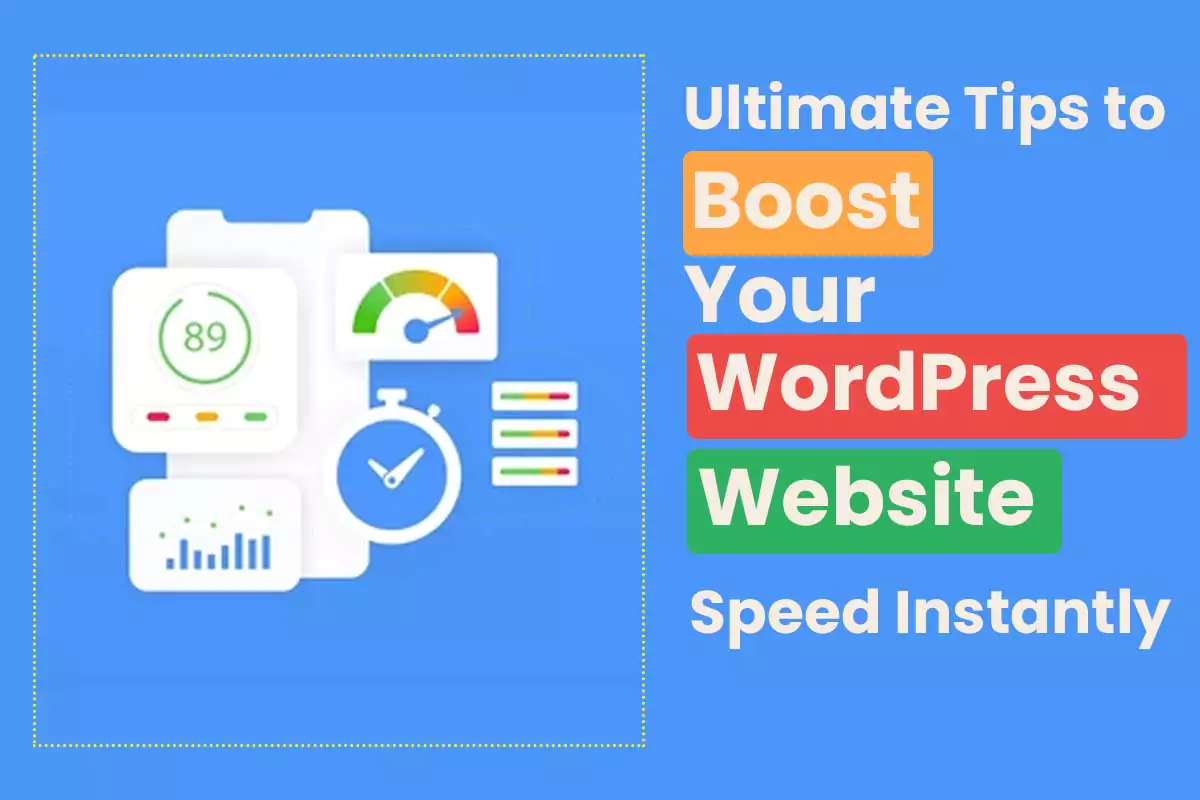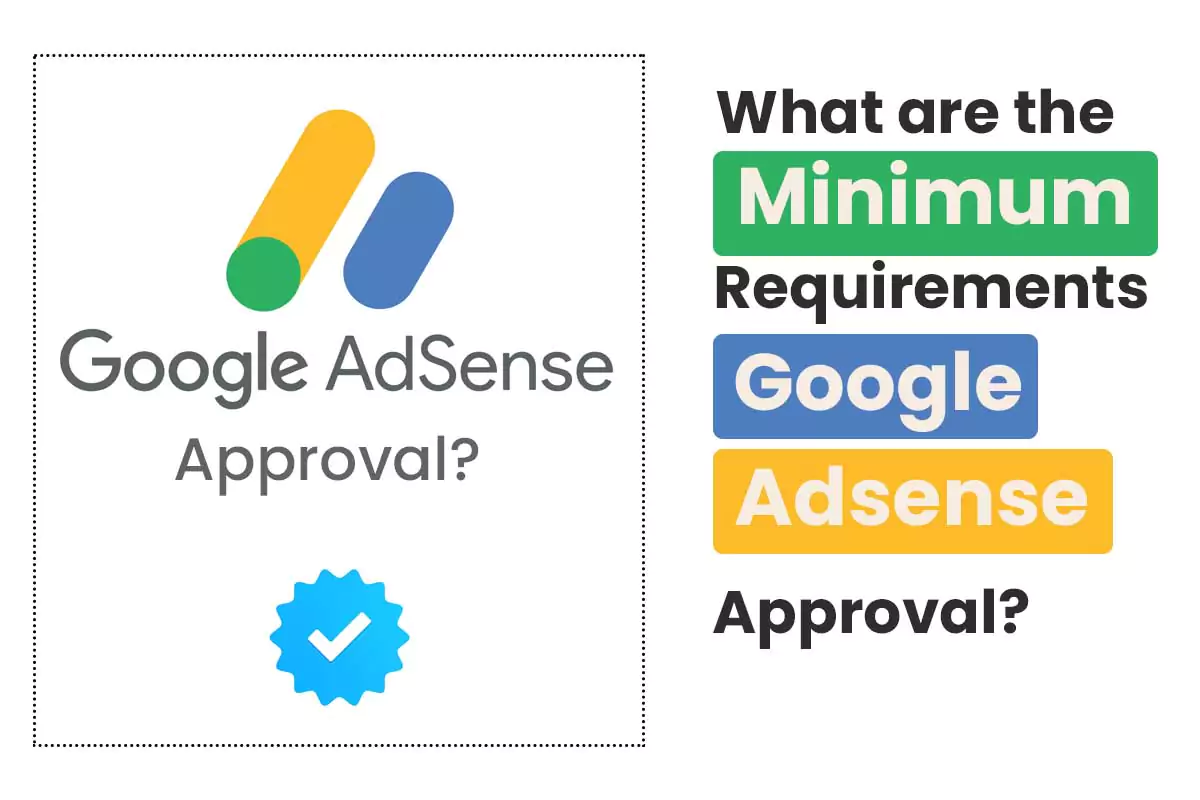Understanding how many keywords to use for SEO in 2024 is a critical element in achieving higher rankings and increasing traffic to your site. SEO success relies on a delicate balance between keyword selection, frequency, and content quality. In this guide, we’ll explore the best practices for optimizing keywords and answer the common question of how many keywords to use for SEO in 2024 on each page of your website. Let’s dive into the five strategies that will set you up for success in the coming year.
01. Assign Keywords to Pages, Not Your Entire Website
One of the key lessons in learning how many keywords to use for SEO in 2024 is recognizing that each page of your site should be optimized individually, rather than trying to spread a set of keywords across the entire site. Every page should target a distinct keyword or set of keywords relevant to the specific topic of that page.
For instance, if you run an online store, the product pages should each focus on different keywords that describe the product itself. Similarly, blog posts should have their own set of keywords tailored to the content topic. This method ensures search engines understand the purpose of each page and can rank them accordingly.
When deciding how many keywords to use for SEO in 2024, it’s important to remember that the key is relevance. Focus on making sure that each page serves a unique purpose, targeting specific keywords that align with your content, rather than trying to cover multiple topics or keywords at once.
2. Avoid Keyword Cannibalization Across Pages
A common pitfall that many website owners face is keyword cannibalization. This occurs when you use the same keyword on multiple pages of your site. In doing so, you may unknowingly cause your pages to compete against one another, ultimately lowering the ranking potential for both.
To avoid this, ensure that each page is optimized for a different keyword. For example, if one page focuses on “SEO best practices,” another page might focus on “keyword research tips.” This prevents search engines from struggling to decide which page is more relevant for a search query.

To track this and ensure you don’t reuse keywords, keep a detailed list of the keywords assigned to each page. Tools like Yoast SEO or simple spreadsheets can help prevent cannibalization. Understanding how many keywords to use for SEO in 2024 and tracking them across your site is essential for maintaining keyword diversity and boosting your overall SEO performance.
03. Focus on High Search Volume and Low Competition Keywords
When selecting keywords, it’s not just about how many keywords to use for SEO in 2024, but also about the type of keywords you choose. Focusing on high search volume keywords with low competition gives you a better chance to rank. These keywords are popular enough to drive traffic but not so competitive that it’s impossible to break through.
Tools like Google Keyword Planner and Ahrefs are excellent resources for identifying high-volume, low-competition keywords. When determining how many keywords to use for SEO in 2024, aim to choose keywords that align with your audience’s search habits while still being achievable within your industry’s competitive landscape.
For example, instead of targeting a highly competitive keyword like “SEO tips,” opt for something more specific like “SEO tips for small businesses.” This narrows the focus but still targets a relevant audience.
04. Target One Primary Keyword Per Page
Each page should focus on one primary keyword. When deciding how many keywords to use for SEO in 2024, it’s best to have one keyword as the focal point of your content, and then incorporate 2-3 secondary keywords to support it. This helps keep your content focused and easy to optimize for both search engines and users.
For example, if the primary keyword is “how many keywords to use for SEO in 2024,” secondary keywords might include “keyword optimization strategies” or “SEO keyword best practices.” The primary keyword should be placed in key areas like the title, meta description, headers, and sprinkled naturally throughout the body.
By using one primary keyword, your content remains highly targeted, which improves your chances of ranking. Secondary keywords help support the page and increase your chances of ranking for additional related terms.
05. Expect to Rank for More Keywords Than You Target
A great benefit of SEO is that you’ll often rank for more keywords than you originally targeted. Even if you focus on how many keywords to use for SEO in 2024, search engines will pick up on related keywords naturally embedded in your content. This is particularly true for long-tail keywords, which are often more specific search queries with less competition.
For example, a page optimized for “how many keywords to use for SEO in 2024” might also rank for related terms like “keyword strategy for SEO in 2024” or “SEO keyword tips.” By focusing on writing in-depth, valuable content, search engines will recognize the relevance of your page to a broad range of queries beyond your primary keyword.
In fact, most pages will end up ranking for dozens, if not hundreds, of related keywords. This happens because search engines analyze the entire content for context, meaning your page’s relevance extends beyond the exact keywords you’re targeting.
06. Balance Quantity and Quality in Your Keyword Strategy
When deciding how many keywords to use for SEO in 2024, it’s essential to strike a balance between quantity and quality. You don’t want to overload your content with too many keywords, as this can lead to keyword stuffing and poor readability, which search engines penalize. A good rule of thumb is to maintain a keyword density of 1-2%.
For example, if your article is 1,000 words, you should aim to include your primary keyword 10-15 times naturally within the content. However, always ensure the content remains valuable and easy to read, as user experience plays a critical role in modern SEO.
Ultimately, the key is to ensure that keywords are seamlessly integrated into well-structured, informative content. When your page offers value, search engines are more likely to rank it highly for the relevant keywords, even beyond your initial targets.
07. Don’t Obsess Over Keyword Rankings
While it’s tempting to track every keyword’s ranking, focusing solely on rankings isn’t the best approach in 2024. Search engine algorithms are constantly evolving, and so are user behaviors. Instead, keep an eye on overall traffic and engagement. Use tools like Google Analytics to track page performance, rather than becoming overly fixated on where a specific keyword ranks.
Remember, SEO is about providing value. If your page is delivering good content, engaging visitors, and generating conversions, then it’s doing its job, regardless of its ranking for one particular keyword.
Conclusion
Knowing how many keywords to use for SEO in 2024 is a crucial part of your SEO strategy. By assigning keywords to individual pages, avoiding keyword cannibalization, focusing on high-volume, low-competition terms, and targeting one primary keyword per page, you set yourself up for SEO success. Remember, you’ll often rank for more keywords than you plan, and while tracking keyword performance is useful, focusing on content quality and overall engagement should always be the priority.
FAQs
How many keywords should I use per page in 2024?
You should focus on one primary keyword and 2-3 secondary keywords per page, ensuring the content is well-targeted and easy to read.
Can I use the same keyword across multiple pages?
No, this can lead to keyword cannibalization, where search engines have trouble determining which page to rank higher.
How do I find the best keywords for SEO in 2024?
Use tools like Google Keyword Planner and Ahrefs to find high search volume, low competition keywords relevant to your niche.
Will my page rank for more than one keyword?
Yes, your page will typically rank for multiple related keywords, even beyond your primary and secondary targets.
What is the best keyword density for SEO?
Aim for a keyword density of 1-2%, ensuring that the keywords appear naturally and are not forced into the content.
Is tracking keyword rankings important for SEO?
While useful, it’s more important to focus on overall traffic and engagement metrics rather than obsessing over specific keyword rankings.




